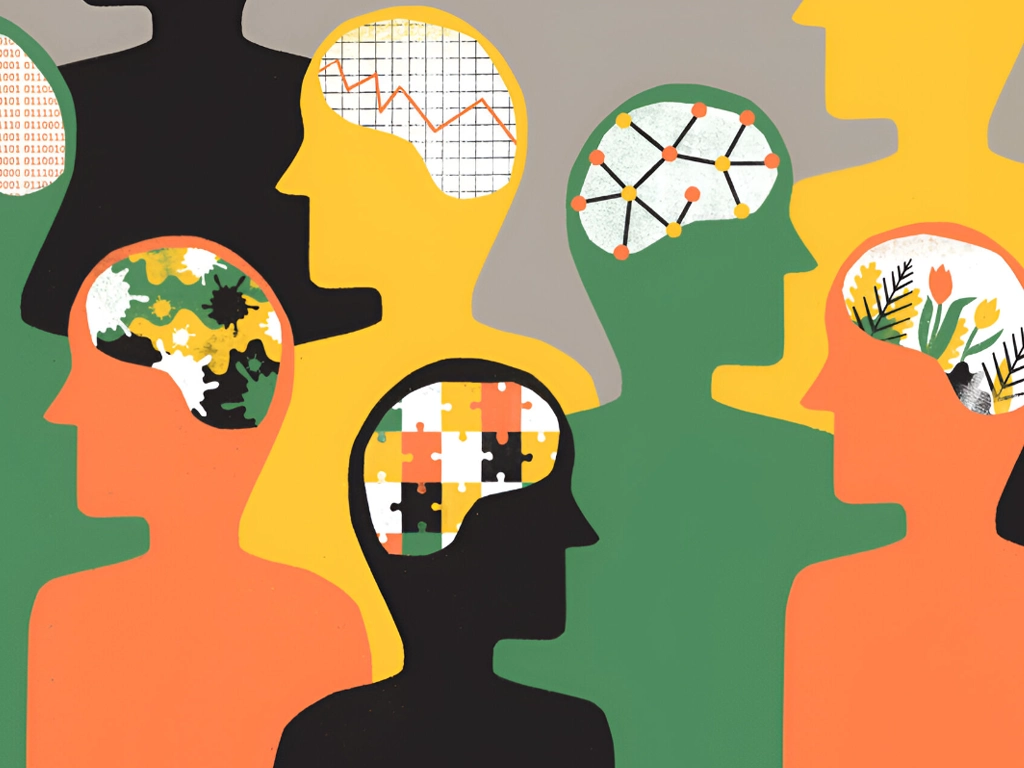Children with an autism spectrum disorder often lack social skills. Others develop challenging behaviors that make their daily life difficult. To help them cope with the world and better understand it, some people with autism require specialized therapy.
ABA (Applied Behavior Analysis) therapy, and especially early intervention ABA offered at an early age, is aimed at helping children develop abilities and positive behaviors that will help them thrive in society and on their own.
ABA therapy enhances constructive and valuable behaviors, such as positive social interactions and communication skills, to help the child understand that these are the types of behaviors worth adopting. Specifically, it supports constructive behaviors that are rewarded. Conversely, disruptive behaviors don’t bring any rewards to the child.
With ongoing ABA therapy, the child understands what is expected of them and what is the “right” thing to do, which will bring in rewards and praise.
There are many benefits to ABA therapy, the most important being that it works. Children diagnosed with autism have grown into mature and autonomous adults with the help of ABA therapy. Positive reinforcement has shown these children how to perceive and react to the world in a constructive and helpful way.
Here are the top 7 benefits that ABA therapy can bring to children with autism.
1. Improve Social Skills
ABA is a type of therapy that helps children on the autism spectrum develop their social skills. Autism is often characterized by a limited ability to build communication skills and social interactions with other people.
Social skills are important because children learn how to understand the world through their play and interactions with other children. Indeed, they are essential because we live in societies and must know how to talk, behave, and engage with other people.
ABA therapy sessions can help children with autism develop the nuances of social skills that will enhance their social interactions, such as the difference between an acquaintance and a friend. They can also help children understand cues and unwritten rules of communication, such as eye contact and body language, to guide them through social interactions.
2. Improve Parenting Skills
ABA as an autism treatment engages with the parents as well. It can provide them with training and support to help them better understand their children. Parents can then help their children when they are in distress or can’t grasp how the world functions.
Parents and families of autistic children are often overwhelmed and frustrated because they don’t know how to communicate with their children. ABA techniques provide the building blocks for a constructive and loving relationship.
ABA therapy thus offers parents the tools to become better parents of children with autism. They can better communicate, understand, and share feelings with their children and ultimately be the parents these children deserve.
3. Learn to Be Independent
The most important goal for every parent is to help their children become more independent. Children must learn to go to school, do their homework, play on their own, and even set the table and prepare breakfast. These tasks can be daunting to children with autism.
ABA therapy helps children with autism learn the necessary life skills and motor skills to achieve autonomy. Some children find it hard to sleep through the night; others don’t understand how to use the toilet. The aim of ABA therapy is to guide children with autism into achieving their autonomy milestones. ABA therapists can develop customized interventions to encourage a child to become independent and be able to perform tasks with less parental guidance and assistance.
4. Reduce Challenging Behaviors
Challenging behaviors are overwhelming. Children with autism display these troublesome behaviors because they can’t understand how the world functions. Everything feels staggering to them.
ABA is effective at minimizing or even eradicating negative behaviors by withdrawing positive reinforcement when these behaviors are displayed. An ABA therapist will focus on the root problem that’s causing the challenging behavior and address it to reduce its extent and frequency.
5. Better Quality of Life
Children with autism deserve fruitful and engaging lives. When they can’t understand the world around them or they can’t fit in with their peers, they are unhappy and unfulfilled.
ABA therapy can help children with autism reach their full potential. With professional help and practice, children with autism can make friends, grow at school, and become a valuable part of society. Their quality of life improves and they gain life satisfaction. They achieve accomplishments and acquire new skills to build up their self-confidence and propel them into a successful and fulfilling life.
6. Real-life Scenarios
Unlike other forms of therapy, ABA therapy is not purely theoretical. It’s based on real-life analysis and meaningful scenarios and events, from getting dressed to making friends.
Crucially, ABA therapy can take place in the child’s natural environment — at school, at home, during the holidays, or wherever a child with autism requires help and professional assistance. ABA therapy can thus take place anywhere where a child with autism lives and functions.
The ABA therapist observes the child and notes behaviors and reactions. Board-certified behavior analysts and registered behavior technicians can then address these on the go with positive reinforcement.
An ABA therapy program is geared towards helping children work in the real world, with real people, real events, and real interactions. As the child slowly builds a solid understanding, it becomes easier to engage and socially interact with more people.
7. Customized to a Child’s Needs
Every child is unique and different. This stands even truer for children with autism. The autism spectrum is vast and each child displays their own behaviors.
ABA therapy is personalized and customized to each child’s needs. Because it is based on real-life scenarios, it works on the child and the moment. Depending on the behavior and the child’s personality, ABA therapy can adapt to engage the child and emphasize the desired behavior through positive reinforcement.
ABA Therapy for Children with Autism
ABA therapy is an applied, proven, real-life therapy that aims at engaging kids with autism through positive reinforcement and response training. ABA programs usually require several sessions and hours a week, but are highly effective. Constructive behaviors are rewarded while disruptive ones are given no praise so that the child will be able gradually to understand what is required.
ABA services build up a child’s self-confidence and help them become independent and happy members of society. Through constructive behaviors, the child with autism can progress, acquire living skills, and learn how to become autonomous and react to friendships, school, and ultimately professional relations.
A major benefit of ABA therapy is that it can be customized and personalized to each child’s needs. It is not a one-size-fits-all therapy. Instead, the behavior analyst can tailor an individual treatment plan to respond to a child’s specific goals, in real-life scenarios that adjust to the child’s environment.
Finally, ABA therapy is an important tool for parenting a child with autism. With ABA, parents can learn how to help their children with daily challenges and problem behaviors.
ABA of Southwest Florida Corp. is dedicated to providing the best ABA therapy for autism disorders in Florida and Texas. Contact us and help your child with autism acquire crucial daily living skills. We are licensed by commercial insurance throughout the state of Florida and provide ABA therapy for autism in Fort Myers, Cape Coral, Lehigh Acres, Naples, and Miami in Florida.
We are also Licensed in Texas




